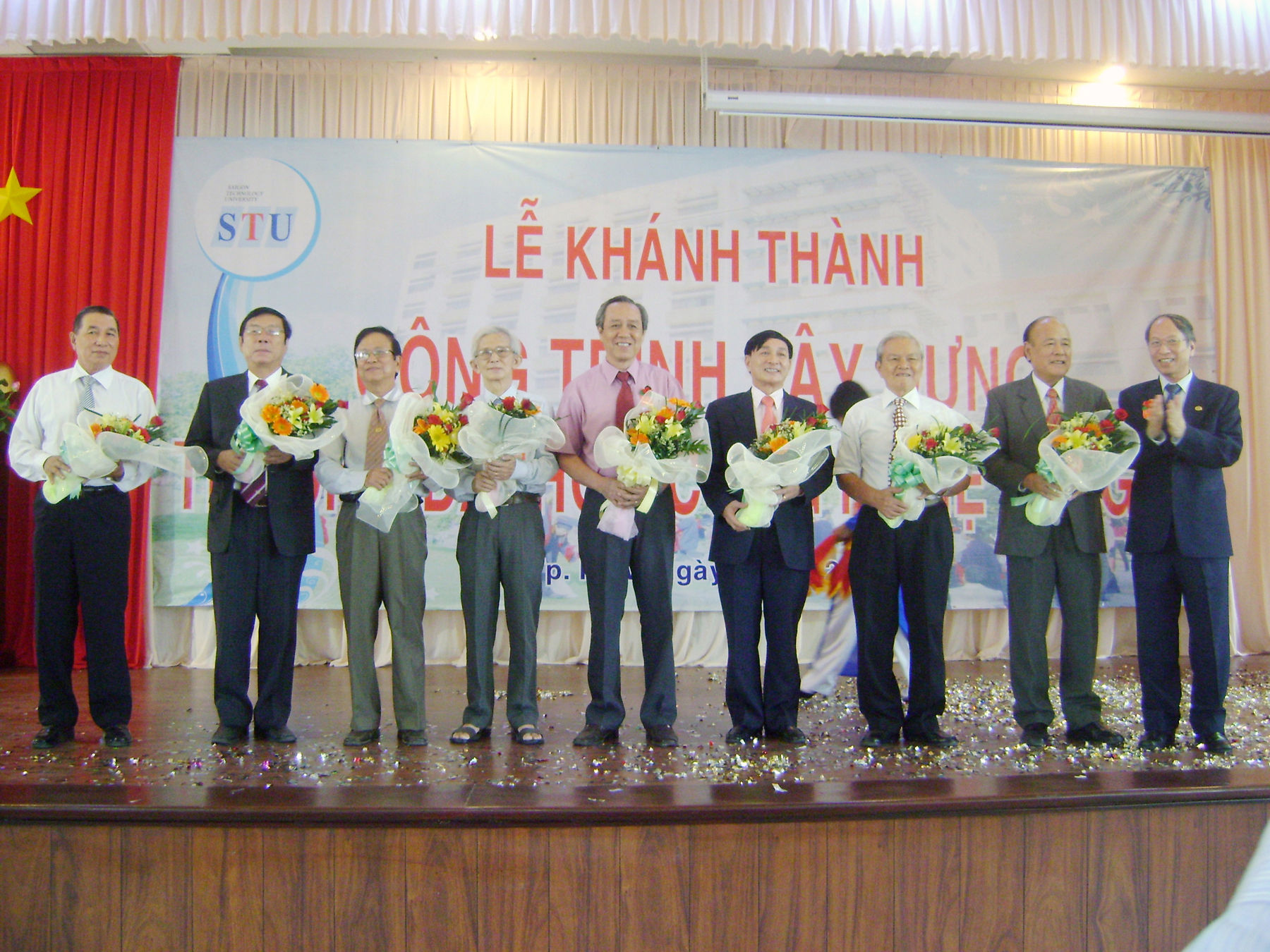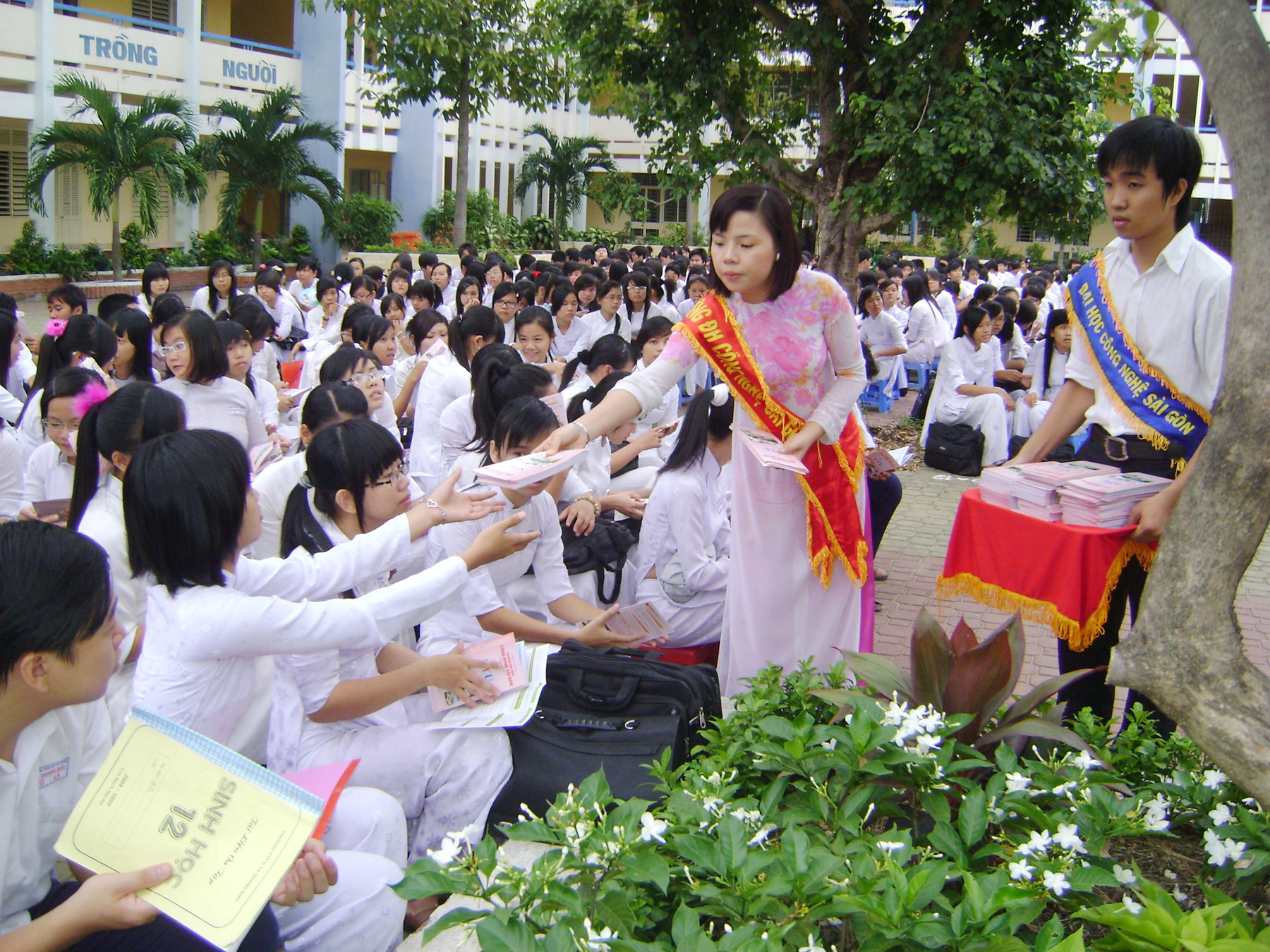News and Events
PrintCity educators debate use of Filipino English teachers
Update 07/11/2012 - 08:06:35 AM (GMT+7)An education board decision to recruit Filipino English teachers for designated K-12 schools in Ho Chi Minh City has become a bone of contention among local educators.
The city Department of Education and Training recently said it would recruit 100 Filipinos to teach English at elementary, middle, and high schools chosen by education offices at the district level in this school year.
Elementary school principals then wondered why the department decided to employ Filipinos instead of native speakers from the UK, US, Australia, and Canada.
Filipino teachers demanded a lower salary, a mere US$2,000 per month, while their Australian peers asked for $5,000 and British for $10,000, Le Hong Son, the department director, explained, citing a poll.
They are being considered also because of their standard accent thanks to the fact that English is one of the two official languages of the Philippines, Son said.
English is used in government documents and daily conversations in the country, while most high schools and colleges there use the language as the medium of instruction, he elaborated.
The principals said the department should have publicized its requirements and proposed salary so that interested native speakers from the UK, US, Australia, and Canada could apply.
“Who knows how many of them would accept the $2,000 monthly salary?” they asked.
Son clarified that his agency and the municipal finance and internal affairs departments conducted a working visit to the Philippines before making the decision.
“We will return to that country and interview the teachers in person prior to any official recruitment,” he said.
Dr Nguyen Thi Kieu Thu, dean of the English faculty at the Ho Chi Minh City University of Social Sciences and Humanities, said that it is advisable to learn English with native speakers.
So great care should be taken in respect to accent, pronunciation, and intonation before hiring teachers from the Philippines.
“We should avoid using those teachers who are too Filipino in their English,” Dr Thu said.
In the meantime, Dr Vu Thi Phuong Anh, with an association of private universities, supported the use of Filipino English teachers, further explaining that their English is the best in Southeast Asia.
“I have been to the Philippines many times and found that local people speak English almost like native speakers,” Dr Anh pointed out. “Thus I go for them.”
The principal of an international school in the city disagreed with Dr Anh, explaining that English is a second language, not the mother tongue, in the Philippines, so their accent is certainly not as good as British or Australian people.
Vietnamese students will speak English like Filipinos, not native speakers, if they are taught by Filipinos, he warned.
“It is always best to study English with native speakers,” the principal insisted.
A local English teacher protested the department’s recruitment policy, saying that it should employ Vietnamese teachers who once studied in an English-speaking country and can speak the language as fluently as native speakers.
“A $1,000 monthly salary would be enough to lure many of them,” the teacher said.
Director Son said that using Filipino teachers is a short-term plan against the backdrop that many Vietnamese teachers are weak in listening and speaking skills.
“This is to encourage local teachers to improve their command of English via frequent contact with English-speaking colleagues.”
Beginning earlier this month, the teacher recruitment is part of a pilot program to help students at the selected schools improve their English proficiency, according to the department.
The teachers, who must have a first degree and be equipped with TESOL skills, will teach English to students, engage in discussions on expertise with their Vietnamese counterparts, and take part in extra-curricular activities during the contracted time, it said.
Related News
- Vietnamese student grabs bronze at Microsoft Office Specialist World Championship (05/08/2019)
- Vietnam wins big at WICO 2019 (30/07/2019)
- Vietnamese woman seeks second college degree at age 63 (26/07/2019)
- Vietnamese students win more golds at ASEAN Schools Games (23/07/2019)
- Vietnam acquires Australia’s experience in university governance (29/05/2019)
- High-school graduates turn away from higher education (28/05/2019)
- Vietnamese students win Asian Physics Olympiad medals (16/05/2019)
- PM approves project applying IT in law dissemination and education (06/05/2019)
- Universities, firms join hands in training high-quality agriculture workforce (23/04/2019)
- Vietnamese university named in top 101-200 of Impact Ranking (05/04/2019)














